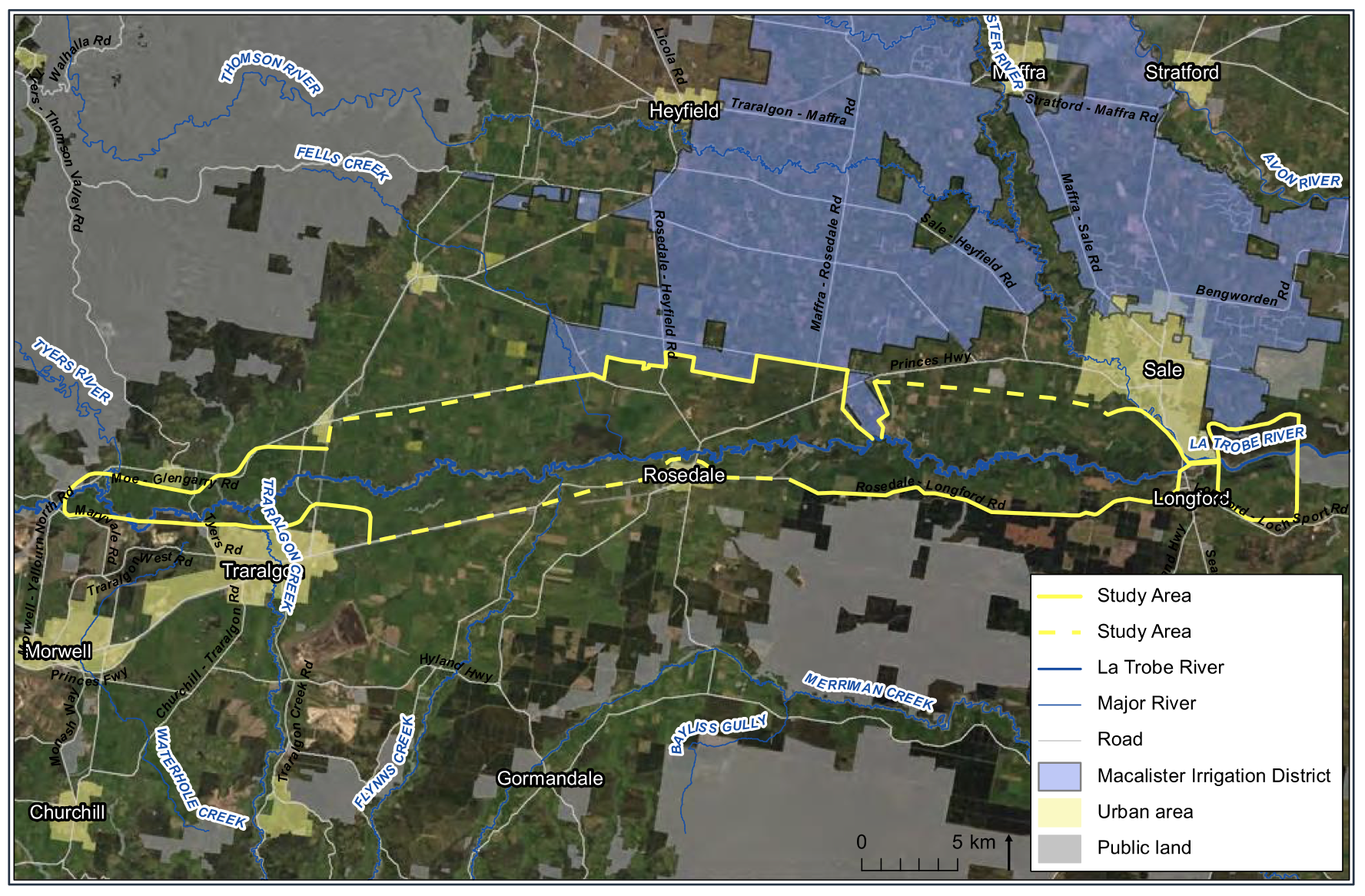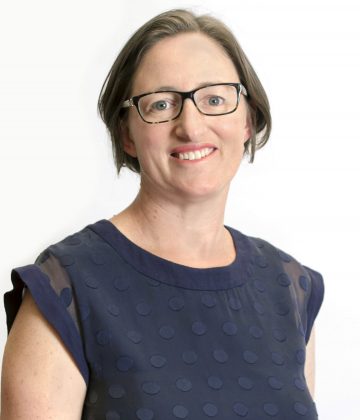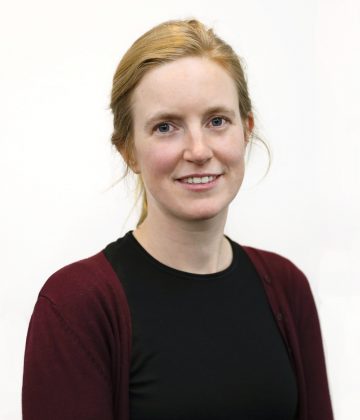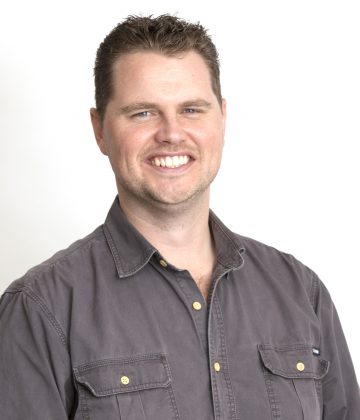Developing irrigated agriculture in southern Victoria
Phase 3 of the Southern Victoria Irrigation Development project investigated infrastructure options that could expand irrigated agriculture in two regions in central Gippsland.
A willingness to invest in agriculture is currently strong in Victoria’s central Gippsland region, given high demand for quality food supply, low interest rates, good access to markets and the natural resources of the area.
Access to additional water supplies will be a key component in enabling this development, and it is important to consider the value of irrigation to secure/increase food production in the context of a drying climate.
The regional development and employment resulting from irrigation development is critical to central Gippsland given the closing of local coal mines and power stations and the need for industry transition. There is also potential to build on the significant investment in irrigation modernisation in the neighbouring Macalister Irrigation District (MID).
About this project
The Southern Victoria Irrigation Development (SVID) project is investigating infrastructure options that could expand irrigated agriculture in central Gippsland.
Phase 3 of the SVID project built on work undertaken by Southern Rural Water in 2017 and 2018, which you can read more about here.
The Victorian Government provided funding for Phase 3 of the project which investigated infrastructure options to enable irrigation development in two study areas – along the Latrobe River from Yallourn to Longford, and east of the Avon River near Llowalong.
RMCG reviewed previous findings from the project, conducted pre-feasibility assessments and detailed customer water demand assessments to deliver a consolidated report of key findings for Phase 3. Click here to read the full report.
In collaboration with professional services company GHD, RMCG investigated infrastructure options including water availability, environmental, cultural, demand and willingness-to-pay assessments, stakeholder consultation, concept design and economic analysis.
The two study areas have been shown to be economically feasible zones for future development of irrigation, with more work now required to further develop the initial concept design and consider access to available water.
The draft Central and Gippsland Sustainable Water Strategy includes Proposed direction 10-9: The Victorian Government proposes to work with Southern Rural Water to identify the next steps for the Latrobe River focus area and the Avon River focus area, which could include consideration of available water sources and development of detailed business cases for infrastructure.

Economic analysis in focus
The economic analysis of the proposed investments included a cost-benefit analysis, input-output modelling and assessment of implications for local employment.
The cost-benefit analysis found that the two study areas are economically feasible for future development of irrigation. While securing vegetable growers will significantly increase the economic returns, vegetable production is not necessary to create a viable scheme – given sufficient development intensity, dairy and beef production provide enough benefits.
The bulk of additional employment is expected to be created through vegetable cultivation (which is much more labour-intensive than dairy and beef farming) and flow-on employment within transport companies and fertiliser producers, among others. A significant proportion of the additional employment would be casual and contract-type work such as vegetable picking. Overseas labour is preferred for casual and contract work and, when available, is likely to fill the employment gap, particularly for picker jobs.
The extent to which the local workforce is likely to take advantage of these employment opportunities was assessed. The contraction of hospitality and tourism industries due to COVID-19 is likely to result in an abundance of temporary and casual local labour in the near future, which presents an opportunity for agriculture. However, the ageing population will work in the opposite direction, decreasing the size of the workforce.
The creation of employment in agricultural businesses will stimulate flow on employment in the regional economy. This includes employment in the upstream supply chain, and employment that results from expenditure by employees, a proportion of which is captured in the local economy.
More information
Please visit the Southern Rural Water website for more information and to access the full report.
For further information please contact Anna Kelliher on 0427 859 129 or annak@rmcg.com.au.







